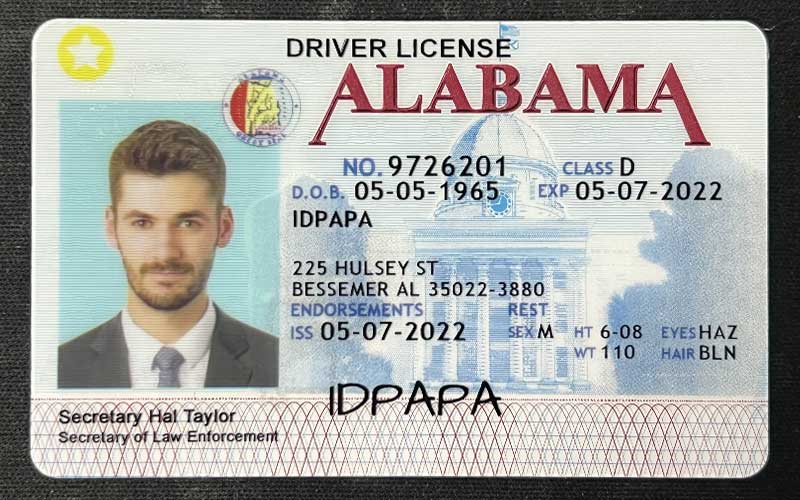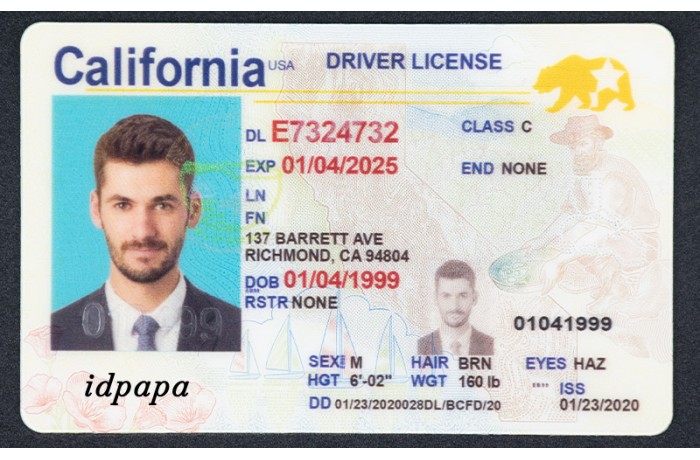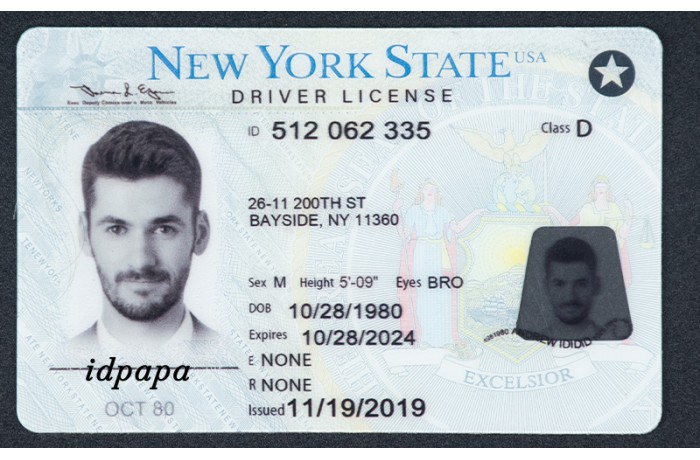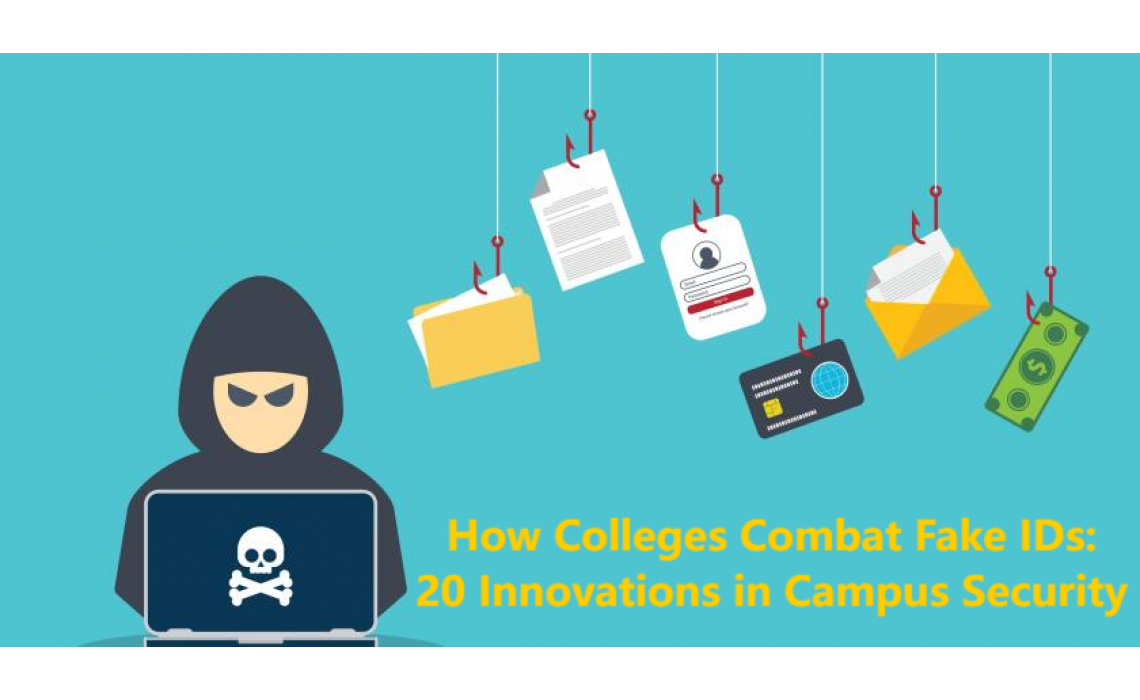How Colleges Combat Fake IDs: 20 Innovations in Campus Security
How Colleges Combat Fake IDs: 20 Innovations in Campus Security

In recent years, the proliferation of fake IDs Shop has posed significant challenges for colleges and universities, prompting institutions to adopt innovative strategies to enhance campus security. These measures not only help in maintaining compliance with laws, especially those related to age verification for alcohol consumption, but also safeguard the overall security infrastructure of educational facilities. Here, we explore 20 innovative methods that colleges are using to combat the use of fake IDs on campus.
1. Advanced ID Scanners
Advanced ID Scanners: A Technological Leap in Campus Security
Many colleges and universities have turned to advanced ID scanners as a frontline defense against the use of fake identification by students and visitors. These sophisticated devices are designed to catch discrepancies in ID features that are typically undetectable to the naked eye. By integrating cutting-edge technologies like black light and RFID scanning, these scanners scrutinize various layers of an ID card. The black light reveals hidden features such as watermarks and security threads, which are invisible under normal lighting conditions. RFID scanning reads embedded chips within the IDs, confirming the encoded information matches what is physically printed on the card. This dual-check system significantly heightens the security protocols of educational institutions.
Enhancing Safety and Compliance on Campus
The deployment of advanced ID scanners serves multiple purposes beyond just the detection of fake IDs. For institutions where alcohol is permitted on campus at certain events, these scanners are indispensable for verifying age and ensuring legal compliance. Furthermore, these scanners play a critical role in maintaining campus security. They can be integrated with campus-wide access control systems, limiting entry to certain buildings or areas exclusively to those whose ID cards pass the authentication process. This integration is crucial in managing large populations of students and staff, ensuring that only authorized individuals gain entry to sensitive areas, thus preventing potential security breaches.
2. Integration with National Databases
Integration with National Databases: Bolstering Campus Security Measures
In an era where ensuring the authenticity of identification is crucial, some institutions are taking significant steps by integrating their security systems with national and state databases. This integration allows for the cross-referencing and validation of the information on IDs presented by students and visitors. By doing so, campuses can verify personal details against government records, ensuring that all provided information is accurate and up to date. This level of scrutiny is vital not only for maintaining campus safety but also for compliance with various regulatory requirements that govern identity verification.
Future Prospects and Challenges
Looking ahead, the integration of campus security systems with national and state databases promises to evolve further with advancements in technology and data sharing protocols. As databases become more interconnected and data-sharing becomes more seamless, the ability to cross-reference information will likely become more robust, reducing the chances of security breaches. However, this also introduces challenges related to data privacy and the need for strict protocols to manage and protect personal information. Institutions must navigate these challenges carefully to maintain trust and ensure compliance with data protection laws, even as they work to enhance campus security through technological integration.
3. Educational Programs
Educational Programs: Raising Awareness About the Dangers of Fake IDs
Educational programs on campuses play a crucial role in informing students about the serious legal repercussions of using and creating fake IDs. These programs are designed to deliver comprehensive information that details not only the legal consequences but also the potential risks to personal safety and academic careers. By clearly outlining the fines, possible jail time, and long-term implications on educational and career opportunities, these initiatives aim to deter students from engaging in such fraudulent activities. Moreover, these programs highlight the ethical considerations, promoting integrity and respect for the law among the student body.
Preventive Strategies and Supportive Measures
In addition to focusing on the legal aspects, educational programs also incorporate preventive strategies to help students resist the temptation to obtain or use fake IDs. These programs often offer counseling and support for students who might feel pressured into using fake IDs to fit in or engage in activities restricted to older individuals. By addressing the underlying social pressures and providing alternative ways to enjoy college life legally and safely, these initiatives help mitigate the root causes that often lead students to consider such fraudulent means.

4. Biometric Systems
Biometric verification, including fingerprinting and facial recognition technology, is becoming more commonplace in colleges to ensure that the individual presenting the ID is its rightful owner.
5. Mobile Verification Apps
Apps that allow security personnel to scan and verify IDs using a smartphone or tablet are being deployed. These mobile solutions offer convenience and portability.
6. Forensic Training for Campus Security
Security officers are increasingly receiving training in forensic document analysis to better spot fake IDs.
7. Tamper-Evident Design in Student IDs
Colleges are redesigning student IDs to include features that are difficult to replicate, such as holograms, UV printing, and watermarks.
8. Collaboration with Local Businesses
Institutions are working together with local businesses that students frequent to ensure that fake IDs are not used to purchase age-restricted products.
9. Vendor Certification
Vendor Certification: Ensuring Integrity in ID Production
Colleges and universities are increasingly vigilant about the security of their student identification processes, which has led to the implementation of rigorous vendor certification programs. These programs ensure that only vendors who meet specific security standards and adhere to strict guidelines are allowed to produce student IDs. By requiring vendors to obtain certification, institutions safeguard against unauthorized reproduction of ID cards, which is crucial in preventing fraudulent use. The certification criteria often include comprehensive audits of the vendor's production facilities, background checks on employees, and reviews of the technological safeguards in place to protect data and prevent duplication of ID features.
Strengthening Campus Security Through Trusted Partnerships
This careful selection process helps establish a trusted relationship between educational institutions and ID card vendors. By working closely with certified vendors, colleges ensure that the IDs produced are equipped with advanced security features such as holograms, RFID chips, and ultraviolet elements that are difficult to replicate. These features make it easier for campus security systems to authenticate IDs and harder for counterfeiters to create fake ones. Furthermore, certified vendors are often required to participate in ongoing training and updates to stay ahead of the latest security technologies and counterfeiting techniques. This dynamic relationship ensures that student IDs evolve in step with emerging security challenges.

10. Alumni Involvement
Involving alumni in educational campaigns offers a unique opportunity to leverage their experiences and connections to enhance campus safety initiatives against the use of fake IDs. Alumni, as former students, hold a special place within the college community and can relate closely to the challenges and pressures faced by current students. By featuring them in awareness campaigns, colleges can tap into their real-world experiences to illustrate the long-term consequences of compromising one’s integrity, such as the impact on career opportunities and legal repercussions. Alumni can share personal stories, serve as keynote speakers in seminars, or participate in panel discussions, providing a broader perspective on why maintaining honesty and adherence to the law is crucial for future success.
Broadening the Reach Through Alumni Networks
Alumni are often well-placed in various sectors of society and can act as ambassadors of these critical messages beyond the campus. Through social media, newsletters, and alumni events, they can help spread the word to a wider audience, including potential and current students, other alumni, and the community at large. Their involvement helps to reinforce the message that the dangers of fake ID usage extend beyond campus boundaries, potentially affecting various aspects of one’s personal and professional life. Moreover, alumni can encourage a culture of responsibility and ethical behavior that resonates with all facets of the college community, fostering a safer environment for everyone.
Technology and Community Involvement in Combating Fake IDs
As the technology behind fake IDs evolves, colleges continue to innovate their approach by combining cutting-edge technology with training and community involvement. Institutions are employing advanced ID scanners, integrating systems with national databases, and using biometric verification to ensure the authenticity of student and staff IDs. However, technology alone cannot solve the problem. The involvement of the entire campus community, including alumni, is crucial in maintaining the effectiveness of these measures. By building a cohesive community that values safety, integrity, and mutual respect, colleges can create a robust defense against the misuse of fake IDs.
Role of IDpapa in Promoting Safety and Awareness
In the context of raising awareness about fake ID usage, it’s important to acknowledge resources like IDpapa Order that offer novelty IDs for entertainment purposes. While these platforms provide creative and fun IDs, it’s critical to use them responsibly and in accordance with the law. Educational campaigns can partner with sites like IDpapa to clarify the legitimate uses of novelty IDs, ensuring that they are never used in fraudulent ways or to circumvent legal age restrictions. By cooperating with such platforms, colleges can educate their communities about the differences between legitimate and novelty IDs, thus preventing misuse while also embracing the fun aspects of college life.


